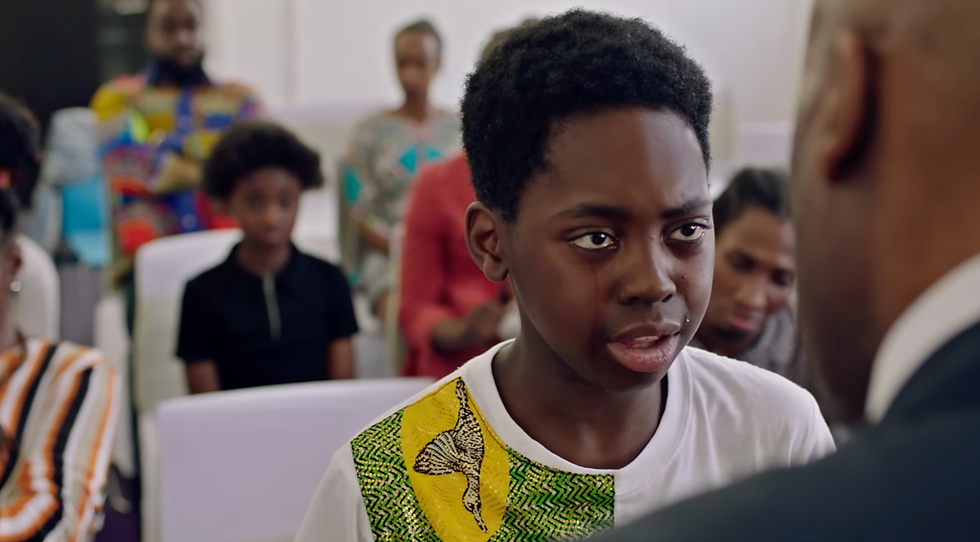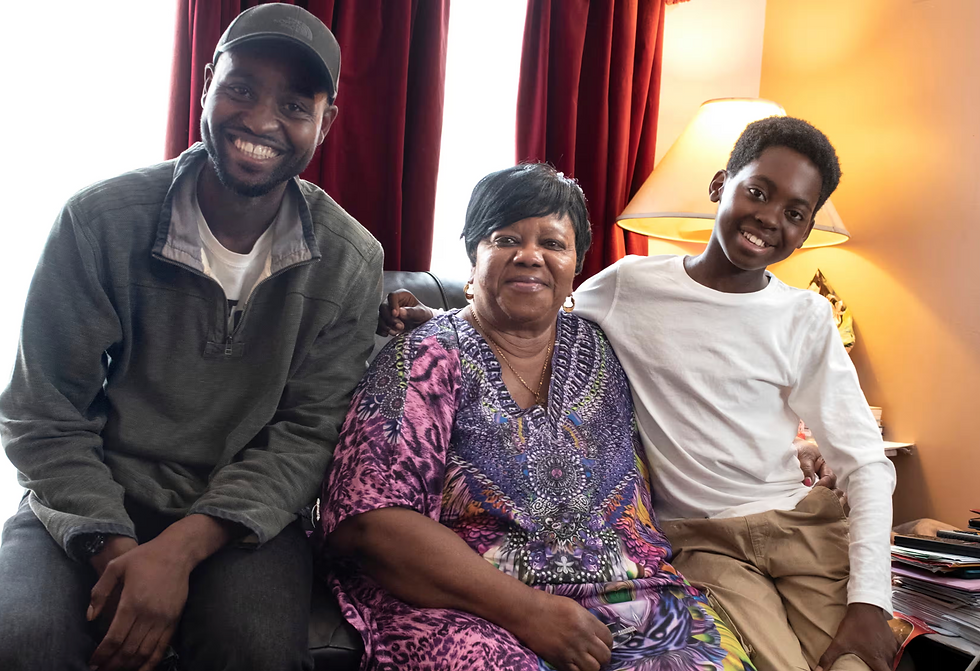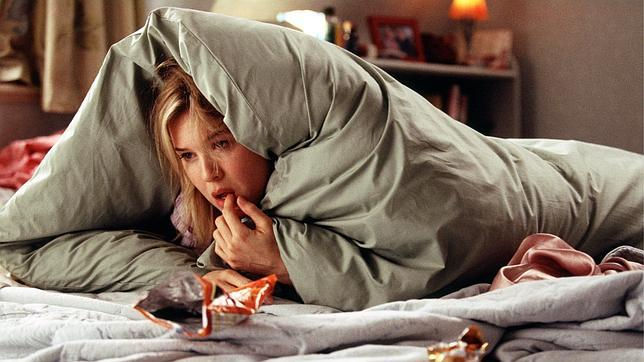Penny Woolcock’s Kindoki Witch Boy: “It is all facts, no fabrication”
- Apr 2, 2025
- 5 min read

At just seven years old, Mardoche Yembi was branded as possessed. What followed was two years of brutal exorcisms - rituals meant to drive out so-called ‘demon spirits’ but which left him deeply scarred. After his mother died in Congo, he was sent to live with relatives in London, where instead of finding safety, he endured relentless psychological abuse.
Taken to church to be ‘cleansed,’ he was made to believe he was the problem. By the time he was 11, the trauma had become unbearable, and he began self-harming - a silent cry for help in a world that refused to listen.
In her new film Kindoki Witch Boy, BAFTA-winning director Penny Woolcock, co directed by Mardoche himself, brings his story to the screen with unflinching honesty. “I could not let him down”, she says. The film traces his journey from years of faith-based abuse to the moment he was taken into care, finding solace with foster mother Fatima Jalloh, who also plays herself in the film.
Now 33, Mardoche dedicates his life to supporting young people in care and raising awareness of faith-based abuse. “He always felt that if he could tell his story, it would help other children”, says Penny. “He says if he had seen a film like this as a child, it would have made him feel less alone and shown that you can survive.”

“THIS IS A STORY ABOUT CHILD ABUSE, NOT RACE”
Although initially reluctant to make the film, Penny’s decision to tell Mardoche’s story became inevitable after meeting him through The Copenhagen Youth Project. “I saw the weight of it all”, she says. “When I began researching, I saw how many children this was happening to. Last year alone, there were 2,186 reported cases in the UK, and due to the taboo nature of the subject, the real number must be so much higher. I had to make the film not only for Mardoche, but for all of these children.”
Getting Kindoki Witch Boy broadcast in the UK proved to be a challenge. Despite reaching out to most major broadcasters, none were willing to take on the film. “People are nervous, worried that speaking about this might seem racist”, says Penny. “I’ve spent my life fighting against racism. This story is about child abuse, not race. Scapegoating is something all cultures do.”
For Penny, the film needed not to generalise or vilify African Christianity. “The people who harmed Mardoche were of African heritage, but so were the people who helped him”, she says. Still, the reluctance of broadcasters didn’t stop her. “I said - let’s do it!” she says. With just three weeks to pull everything together, the film was made on a shoestring budget. “A couple of friends kindly put in a little money, and we all got paid the same daily wage, from me to the driver who did the catering. That set the spirit for the whole production.”
Determined to stay true to Mardoche’s experience, Penny approached the project with a deep sense of responsibility. “This wasn’t a creative project. I just listened carefully to Mardoche and investigated everything”, she says. Every detail had to be rooted in truth.
Reality of the story hit even closer to home than she had anticipated. “The story is so tangible because it happened in my neighborhood, Islington. I know people who were there”, she says. “One of the ‘teachers’ in the film wasn’t just an actor - they were a child who had once played with Mardoche when these events unfolded years ago.”
Finding a boy to play Mardoche was one of the biggest challenges. With child protection laws limiting the filming schedule to the summer holidays, time was running out, but when Penny reached out to a local youth theatre just down her road, she found Jeriah. “As soon as I met him - I knew”, she says.
Jeriah’s mother, Tanya, a social worker, was deeply supportive of her son taking on such an important role. “She was there through the whole filming process and was incredible”, Penny says. “I remember her saying, ‘As long as you can reassure me you won’t traumatise my child, of course, he has to do this.’”
Fortunately, working with Jeriah proved effortless. “He is so smart. From the beginning, he understood that it wasn’t him they were addressing - that the actors were all playing a part”, says Penny. Throughout the filming process, safeguarding was a top priority. “I didn’t do a lot of takes if we didn’t need to, so Jeriah wouldn’t be emotionally exhausted”, she says.
One of the most moving moments came when Jeriah met Mardoche in person. “He was so sweet”, Penny says. “He told him, ‘I just want to do you justice - I want to honour you.’”

The release of Kindoki Witch Boy came shortly after the twenty-fifth anniversary of the horrific murder of eight-year-old Victoria Climbié. Born in the Ivory Coast, Victoria endured months of starvation, beatings, and restraint before her tragic death on February 25, 2000. She was found with 128 wounds inflicted by her great-aunt, Marie-Thérèse Kouao, and Kouao’s partner, Carl Manning.
Manning sought the counsel of a pastor, blaming Victoria’s injuries on alleged demonic possession, which led to a failed exorcism rather than any intervention. Their conviction in 2001 exposed catastrophic failures across social services, the police, and healthcare, driving significant reforms such as the Every Child Matters initiative and the 2004 Children Act. Yet despite these efforts, child abuse linked to faith-based beliefs persists across Britain. In the year going up to March 2024, the Department for Education recorded 2,180 cases of ‘abuse linked to faith or belief’.
“IT IS ALL FACTS, NO FABRICATION”
Despite its prevalence, faith-based abuse remains one of the most taboo subjects within the child care system. “I expected a lot of backlash, people questioning why I was making the film. But that didn’t happen”, Penny says. “I think it was because I was so careful that every single thing in the film had happened - it’s all facts, no fabrication.”
Now, after multiple campaigns and their appearance on Sky News, both Mardoche and Penny are hoping the film will spark overdue conversations across the UK and beyond. “When Mardoche was a child and started running away at night, the police blamed him. They called him a naughty boy. Nobody thought to ask what was really going on”, Penny says. “It is so important for social workers, teachers, and police to understand that this is happening.”
The film’s impact is already being felt. “It already feels like there is less taboo after releasing the film. People want to talk about it within the community - we hope they start questioning what some people are doing to these children.”




Comments